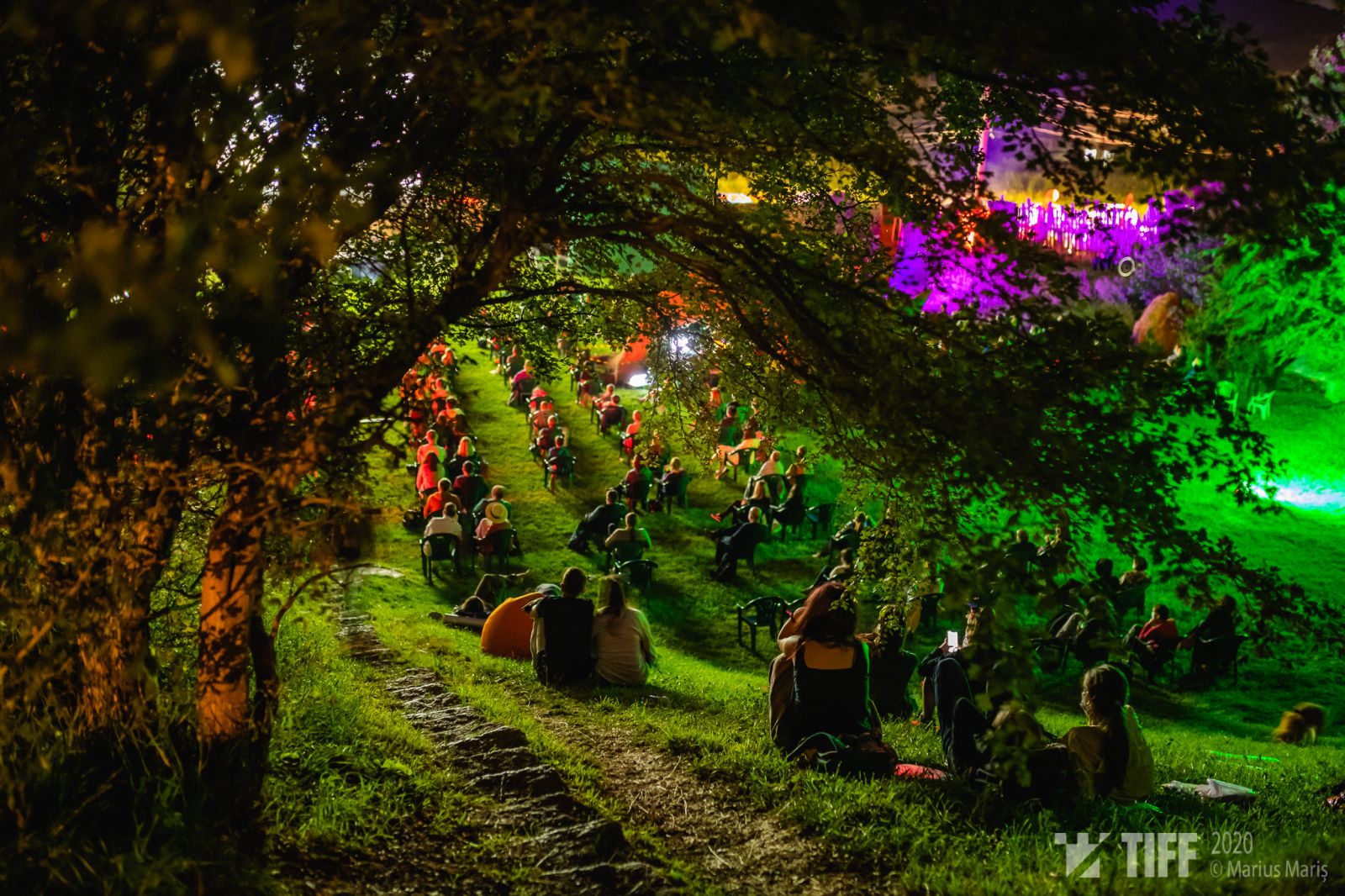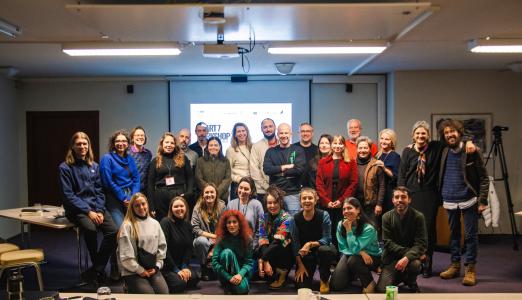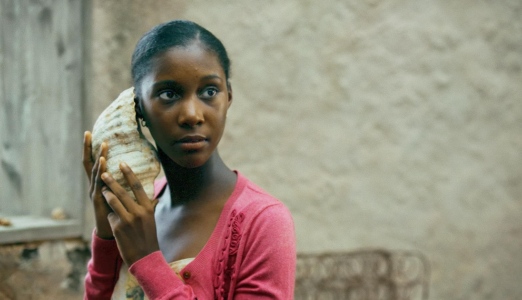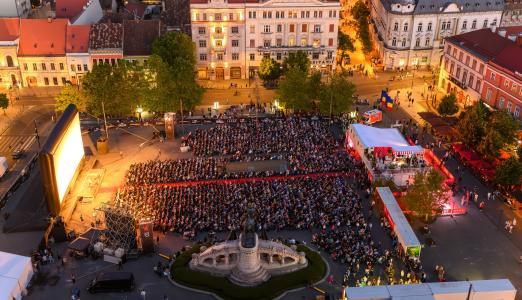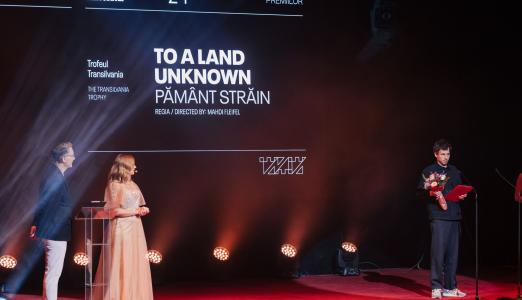Sustainable TIFF: the social responsibility strategy of the most important Romanian film festival
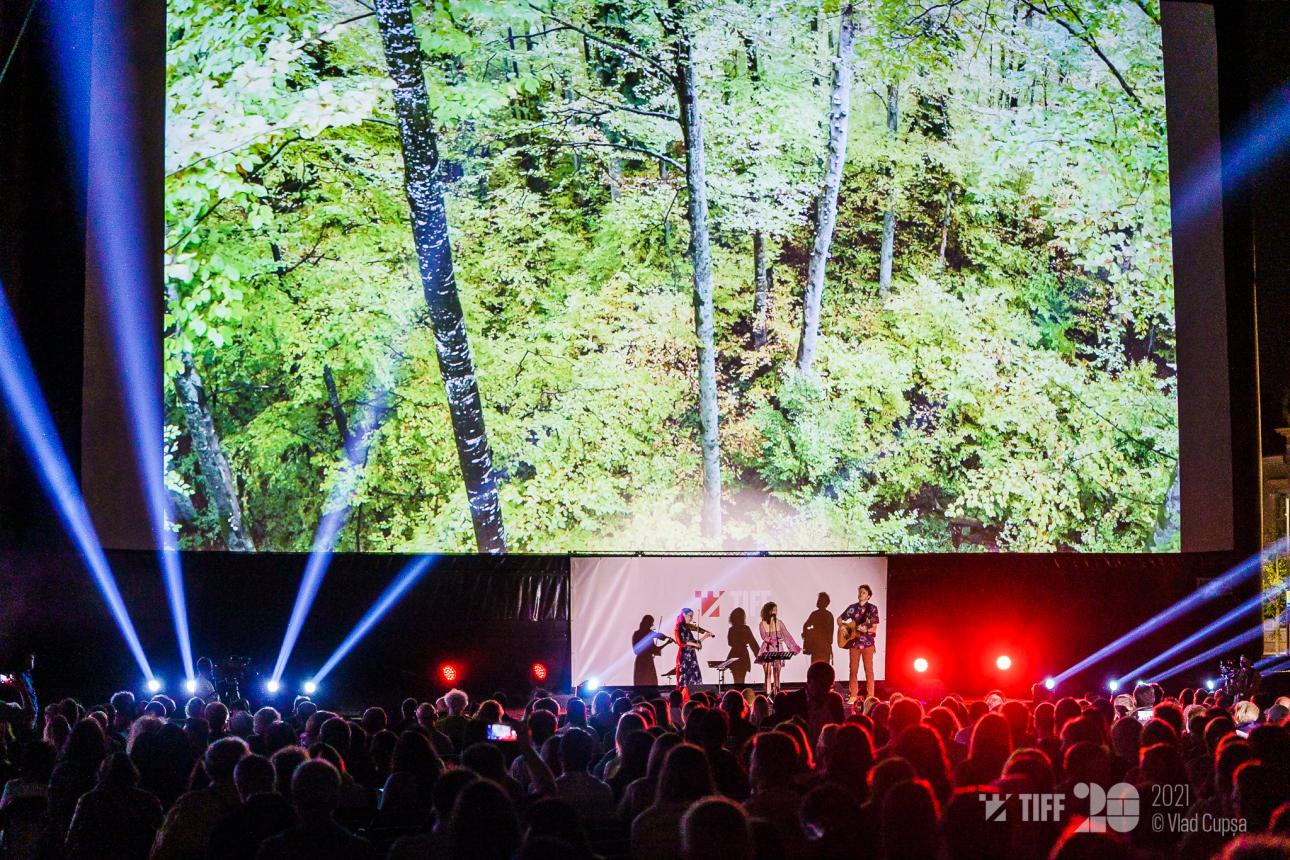
Since 2019, the Transilvania International Film Festival applies an integrated sustainability strategy concerning content, team, resource consumption or partnerships. TIFF thus complies with the sustainability goals set by UNESCO City of Film, but also with those of the SMART (Sustainable, Meaningful, Artistic, Responsible, Thriving) network of festivals, of which it is part along with 6 other major festivals in Europe. For over 20 years, TIFF has been contributing to the integration of Cluj-Napoca in a European cultural context, always paying attention to the protection and valorisation of local heritage. TIFF's sustainability strategy is a natural step in the festival's evolution.
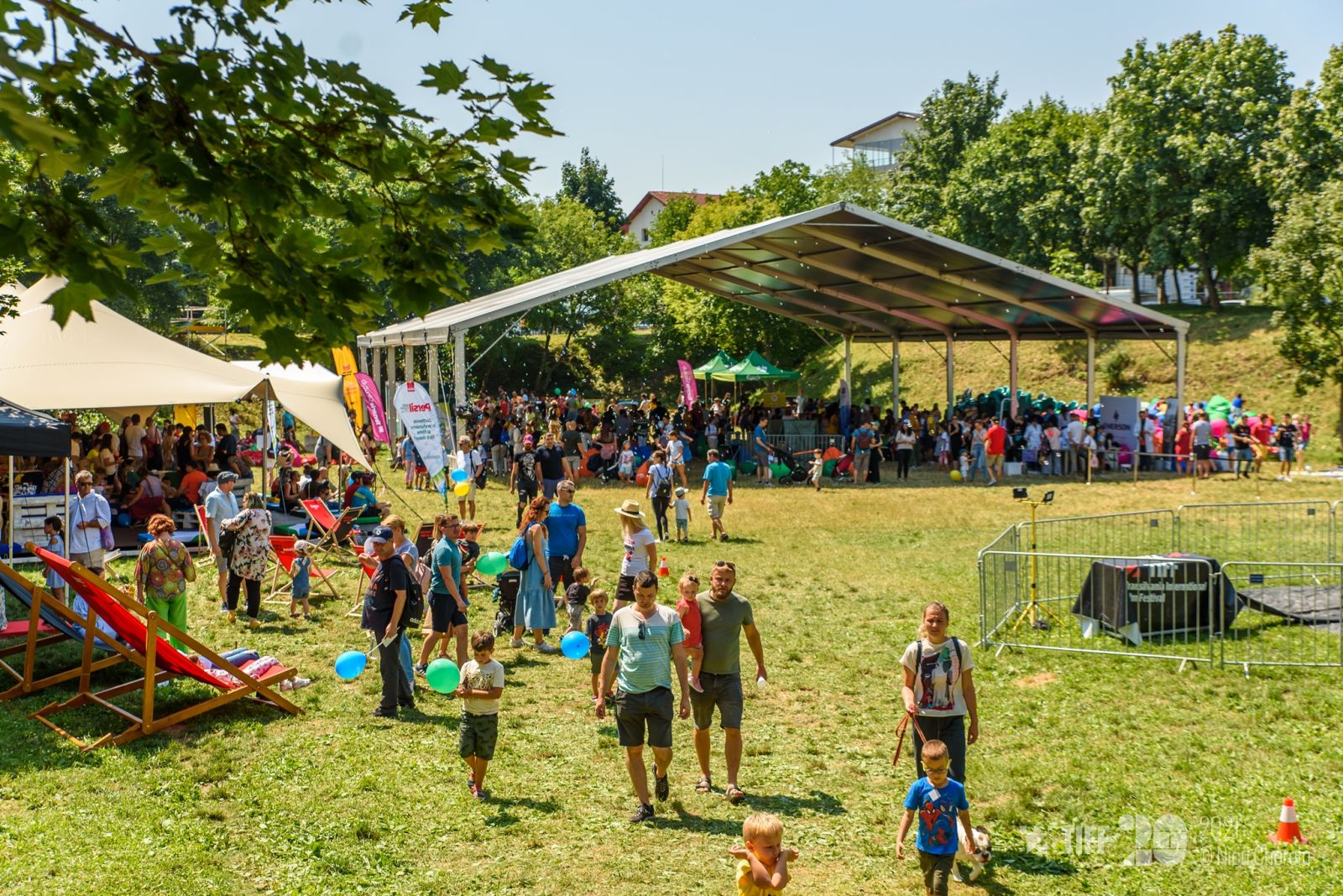
Content & Education
The TIFF selection has included films focusing on the man-nature relationship for over 10 years. Since 2011, under the name EcoTIFF, the festival's audiences have participated in screenings and debates to mark International Environment Day (June 5th) or they could engage with stories about ecology and protecting the planet. Films screened in Cluj included Into Eternity (dir. Michael Madsen, 2010), a documentary about the issue of nuclear power plants, Chasing Ice (dir. James Balog, Jeff Orlowski, 2012), about the effect of global warming on the ice cap, and Human (dir. Yann Arthus-Bertrand, 2015), a candid investigation into what makes us human nowadays. The long-term partner of EcoTIFF over the years has been the Compania de Apă Someș (Someș Water Company).
In 2021, the travel documentary Wild Romania was screened 3 times, including in Unirii Square, in front of thousands of spectators. Wild Romania is the largest photo-video project dedicated to nature in our country. More than 10 years in the making, with over 450 days spent in the field, hundreds of hours of footage filmed in a transparent and ethical way, the project is a unique and educational story of Romania's biodiversity. A year earlier, in 2020, the festival also presented the documentary Lemn (Wood, d. Monica Lăzurean-Gorgan, Michaela Kirst, Ebba Sinzinger), about the illegal logging of the country's forests.
In 2022, with the help of other documentaries and fiction features still to be selected, TIFF aims at focusing on the influence that human actions have on the environment, while generating debate on how society can get involved in solving environmental problems.
The TIFF selection for families with children, which will run throughout the festival, will also include a sustainability day with workshops and educational and civic activities for children.
Separate collection of waste, tickets, advertisement
Since 2019, all the festival venues are equipped with special containers dedicated to selective collection of waste.
TIFF spectators are encouraged to purchase tickets online by restricting the number of physical outlets and constantly investing in the online sales component and in the official TIFF mobile app. In 2020, 85% of TIFF tickets were purchased online, rising to 90% in 2021.
Furthermore, viewers were encouraged to recycle plastic packaging to obtain film tickets.
All TIFF orientation materials - schedule, map, catalogue and brochure - are also available in digital format for easier and more efficient use of resources.
TIFF is also discontinuing the production of bags and backpacks. This year, festival guests will receive tote-bags made of environmentally friendly materials, along with a reusable water container.
The number of printed information materials has steadily declined over the last few editions, and from 2022 onwards, the media promotion budget is geared towards online productions, with fewer outdoor and print productions.
Plastics have disappeared from TIFF social events since 2019: all straws, plates and cutlery used during the festival are made of biodegradable or ceramic materials.
Transport & Partners
From the last three editions onwards, together with its main mobility partner Mercedes-Benz, TIFF has steadily reduced the number of cars in its transport fleet and replaced the existing ones with hybrid and electric models. In addition, in close collaboration with the Cluj Transport Company, TIFF is preparing a campaign to encourage participants to use the city's public transport to travel between festival venues. Travelling by alternative means such as electric scooters and bicycles is also encouraged.
TIFF encourages all festival partners to behave in an environmentally responsible way, limiting the use of plastic, disposable materials and waste production.
Team
The sustainability strategy is communicated to all members of the TIFF team, over 700 employees and volunteers, as well as to festival guests, with clear and easy-to-apply recommendations.
TIFF works with local teams: more than 50% of the festival staff is based in Cluj-Napoca, and 80% of the volunteer team is recruited from high-school and university students in the county. In addition, most of the suppliers - printers, producers of supplies for social events (parties, public meetings, press conferences) or food & drink producers - are local companies.
Integrated at all levels of the festival, with this sustainability strategy TIFF aims to have a real impact in protecting the spaces where the festival takes place and to contribute to educating the community about social responsibility.
More details about the strategy will be communicated throughout the year on the official TIFF channels.
Transilvania International Film Festival 2022 will take place from the 17th to 26th of June in Cluj-Napoca.
***
Follow us on:
FB: TransilvaniaIFF | Instagram | Youtube
Films anywhere, anytime on Romanian territory on TIFF Unlimited: unlimited.tiff.ro.
***
Transilvania International Film Festival is Organized by the Association for the Promotion of Romanian Cinema and the Association Transilvania Film Festival.
.JPG)
